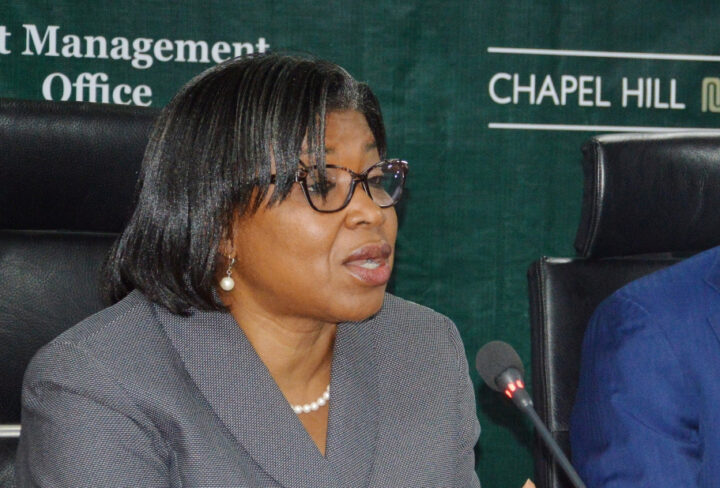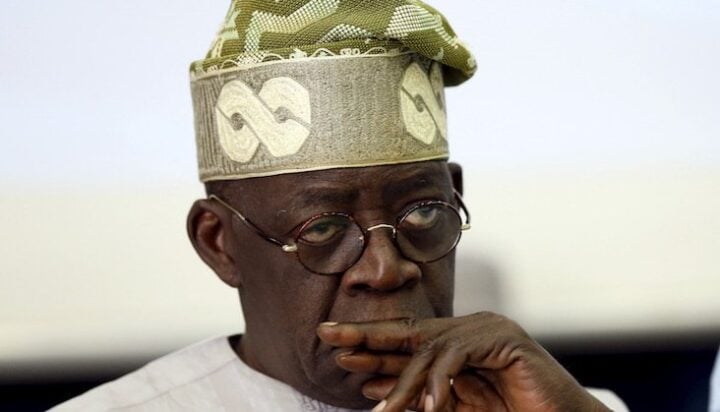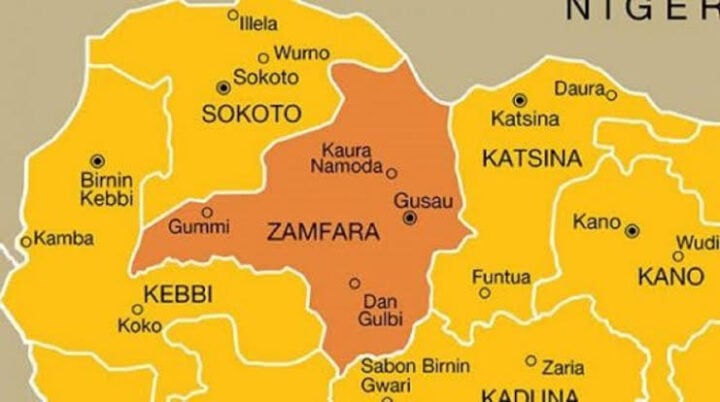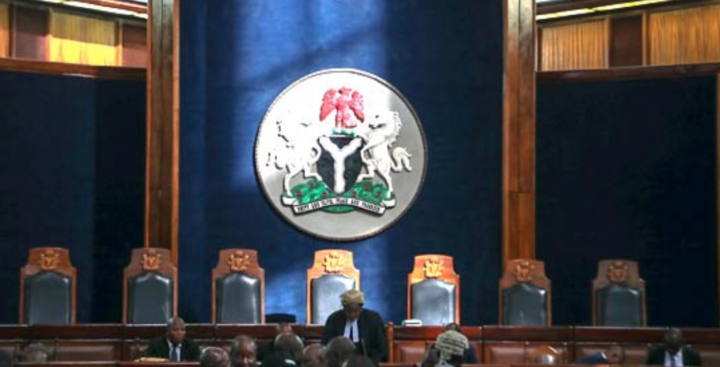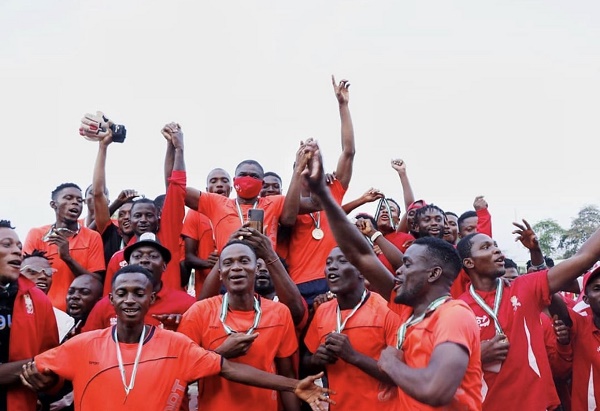Pic 18. From Left: Director-General of Debt Management Office (DMO), Patience Oniha; Chief Executive Officer, Nigerian Stock Exchange, Oscar Onyema and Minister of State for Environment, Usman Jibril during the official listing ceremony of the 13.48%, 5year, N10.69bn FGN Green Bonds in Lagos on Friday (20/7/18)
03805/20/7/18/Babatunde Atolagbe/ICE/NAN
Patience Oniha, director-general of the Debt Management Office (DMO), has advised that the federal government borrow funds only for revenue-generating projects.
She gave the advice on Wednesday, in Abuja, at an interactive session on the 2022- 2024 medium-term expenditure framework/ fiscal strategy paper (MTEF/FSP) committee interactive session.
Oniha urged the FG to improve revenue generation as Nigeria’s growing debt stock rises due to new borrowings in the annual budgets and new borrowings approved under the medium term external borrowing plan.
She explained that Nigeria’s borrowing was high when the country went into recession, and it was based on the economic growth and recovery plan (EGRP) to bring the economy out of recession.
Advertisement
“Thereafter, the level of borrowings started coming down, though not significantly, but at least there was a tendency towards that,” Oniha said.
“Then in 2020, when the budget was revised because of the socio-economic implications of COVID-19, the borrowings shot up, by about double. So the new borrowings in the first 2020 budget was about N1.6 trillion,
the revised budget is about N4.6 trillion.
Advertisement
“Our position is that medium to long-term, it is not advisable to fund the government with borrowings, it has to be through available revenues then borrowing can be for special purposes.”
She said that despite debt-to-GDP ratios of other countries being much higher than Nigeria’s — Nigeria was at 21.6 percent as of December 2020, while countries like the USA and UK have much higher ratios and, in some cases, more than 80 percent.
However, she said the debt service-to-revenue ratio of those countries is 10-15 percent.
“This means that our numbers are not adding up because of low revenue generation. The issued recommendation from the DMO, therefore, is that we should begin to focus on revenue,” Oniha said.
Advertisement
She said that between January to June 2021, Nigeria’s debt service-to-revenue was about 34 percent.
“In reality, the actual ratio is higher, which is not good for any country. When we say there is a revenue problem, there is a revenue problem,” Oniha said.
“In the DMO’s opinion, the borrowing in the Medium-Term Expenditure Framework (MTEF) 2022-2024 is high, what we then need to do is accelerate revenue significantly to be able to service the debt.”
The DMO boss recommended that the country do a lot more about revenue which will, in turn, reduce the level of new borrowings and the debt service-to-revenue ratio.
Advertisement
“The other option is to continue borrowing at our current levels of debt service, which we do not recommend because the public debt could become unsustainable,” Oniha added.
“Our second recommendation is that we should borrow only for priority projects and for revenue-generating projects.
Advertisement
“Our third recommendation is that, in addition to increasing revenues, we can achieve a reduction in new borrowings by actively using Public-Private Partnerships (PPP) arrangements to finance capital projects.”
Advertisement
Add a comment
